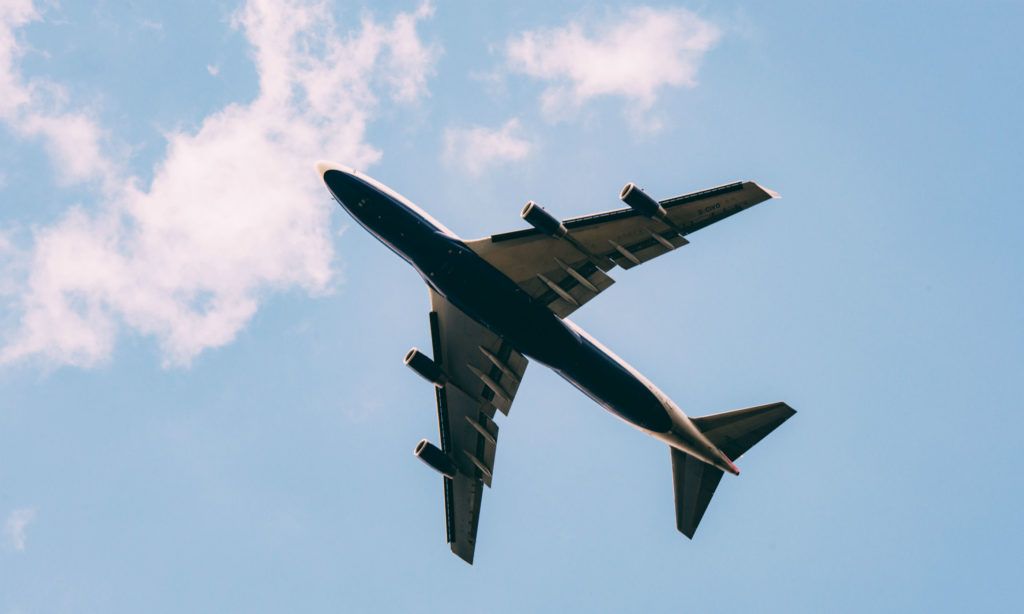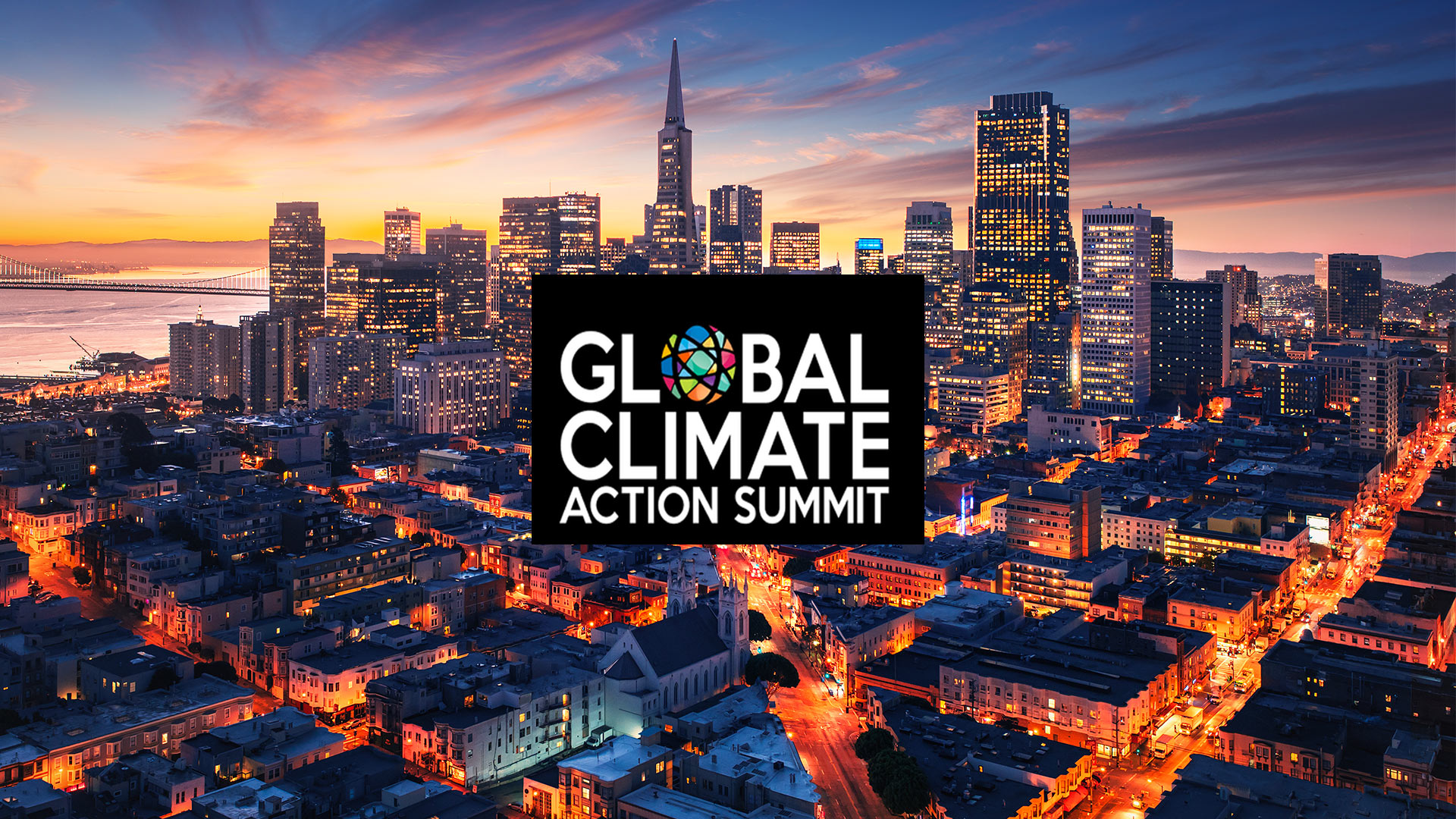
The tank of a Boeing 747 holds over 200,000 liters (52,000 gallons) of kerosene when full — about as much fuel as 4,000 small cars.

The analysis concluded that game participants exhibited both a greater sense of urgency as well as hope in combating climate change, alongside a desire to understand more about climate science.

Arctic sea ice isn't just threatened by the melting of ice around its edges, a new study has found: Warmer water that originated hundreds of miles away has penetrated deep into the interior of the Arctic.

Without dramatic reductions in greenhouse-gas emissions, most of the planet's land-based ecosystems - from its forests to the deserts and tundra - are at high risk of 'major transformation' due to climate change.

There is unprecedented global momentum to build a low-carbon, climate-secure future. However, greenhouse gases in the atmosphere are still accumulating at a rate that will soon take us well above the 1.5°C threshold.

The red points in the picture above are areas around the world with fires actively burning, accurate as of Thursday. It doesn't look great.

The oldest and thickest sea ice in the Arctic zone north of Greenland is splitting in a never-before-seen event. For the second time this year, the frozen waters cracked open to reveal the sea beneath them.

The West Coast of the United States is shrouded in smoke from the 110 large fires (this does not include smaller fires within each complex of fires) that have erupted across the region during this fire season.

British billionaire Richard Branson and two dozen Caribbean nations and territories on Thursday launched a multi-million-dollar initiative to turn the hurricane-prone region into a green tech hub resilient to disasters.

Daily data collection by the shore stations program at the Scripps Institute, part of University of California San Diego, have recorded the warmest sea temperatures in nearly a century.

For the first time in the history of human civilization, most people live in cities. Climate change, water, garbage, transportation flows and digital connectivity will shape the future quality of daily life in our ever-denser habitat.

Pakistan has more glaciers than any other country outside the polar region — more than 7,200. Data gathered over the last 50 years shows that all but about 120 of the glaciers are melting, due to rising temperatures.

If food waste were a country, it would place third – following the US and China – for impact on global warming.

The wildfire raging through California has led to seven deaths already. A wildfire in Greece killed at least 91 people. In Sweden, fires have been so out of control that the government temporarily banned man-made fires.

A global biodiversity collapse is imminent unless we take urgent, concerted action to reverse species loss in the tropics, according to a major scientific study.